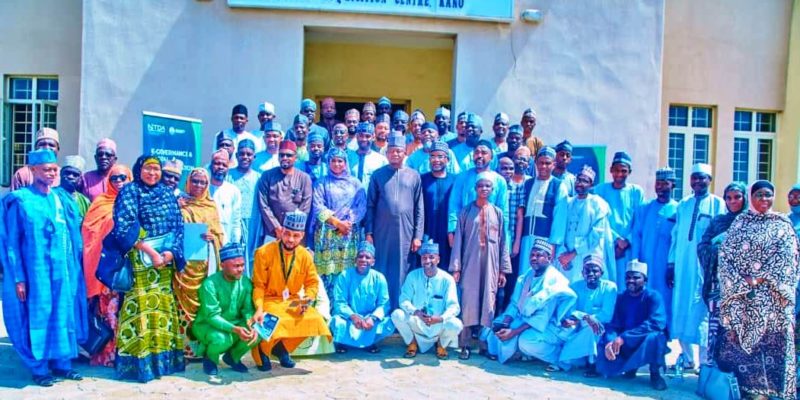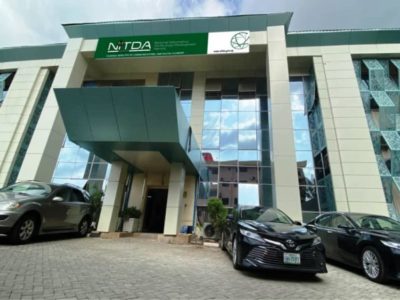Nigeria’s economy can only grow with continuous adoption of digital technologies. “Traditional processes must give way to digital processes to enhance productivity” and good governance, Director General, National Information Technology Development Agency (NITDA), Kashifu Inuwa Abdullahi, has stressed.
Abdullahi who was speaking at a recent 4-Day Capacity Building Programme on e-Government and Digital Transformation Programme for permanent secretaries and directors in Kano state, said the training by the agency is geared towards building digital capacity in civil servants as they are key to delivering government policies and programme.
RELATED: Serving vulnerable communities raises stakes for public sector digital transformation
According to him, the federal government has continued to be committed to digitalising its activities and all ministries, departments and agencies (MDAs) whether at state or federal level are central to the implementation of its digital transformation agenda.
“To institutionalise the digitalisation programmes in MDAs, NITDA structured its Strategic Roadmap and Action plan (SRAP 2021-2024) towards the implementation of the National Digital Economy Policy and Strategy (NDEPS). We have the Digital Literacy and Skills as a strategic pillar to complement the National Digital Literacy Framework in achieving President Muhammadu Buhari administration’s target of 95% digital literacy by 2030,” said Abdullahi who was represented by NITDA’s Ag. Director, Digital Literacy and Capacity Building Department, Dr. Amina Sambo Magaji.
“We have supported so many state governments with digital tools and training, we are already collaborating and will always be willing to partner with stakeholders to support our e-Government Transformation, Digital Economy, Diversification and Sustainability Plan for the country”, he added.
He urged participants to help in ensuring transfer of the knowledge gained at the end of the training to other civil servants within their own MDAs even as reaffirmed NITDA’s determination to achieving 95% national digital literacy by 2030.
The Kano State Governor Abdullahi Umar Ganduje described the training as timely, considering the fact that the world is rapidly changing from analog to digital.
“Upskilling Permanent Secretaries will help Kano State to catch up with the rest of the world in the areas of digitisation, technology adaptation and digital transformation programmes in the work place”, said Ganduje. He was represented by his Chief of Staff and Head of Service, Alhaji Usman Bala Mohammed.































